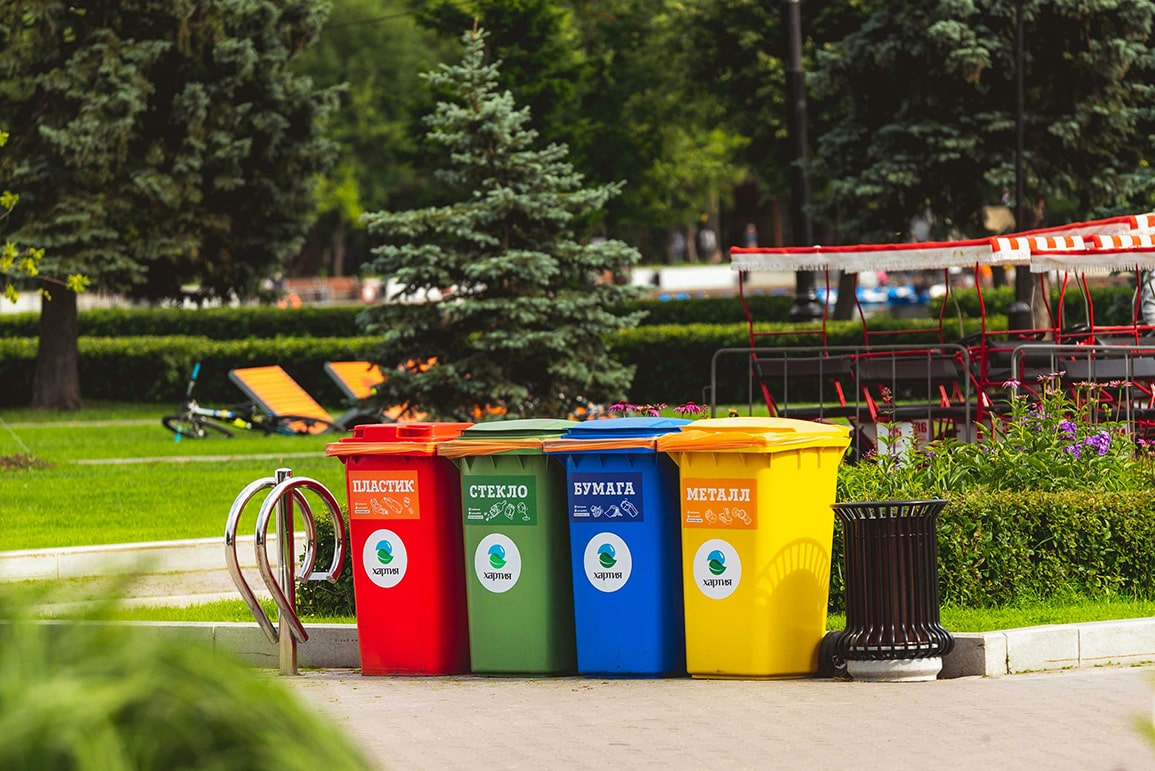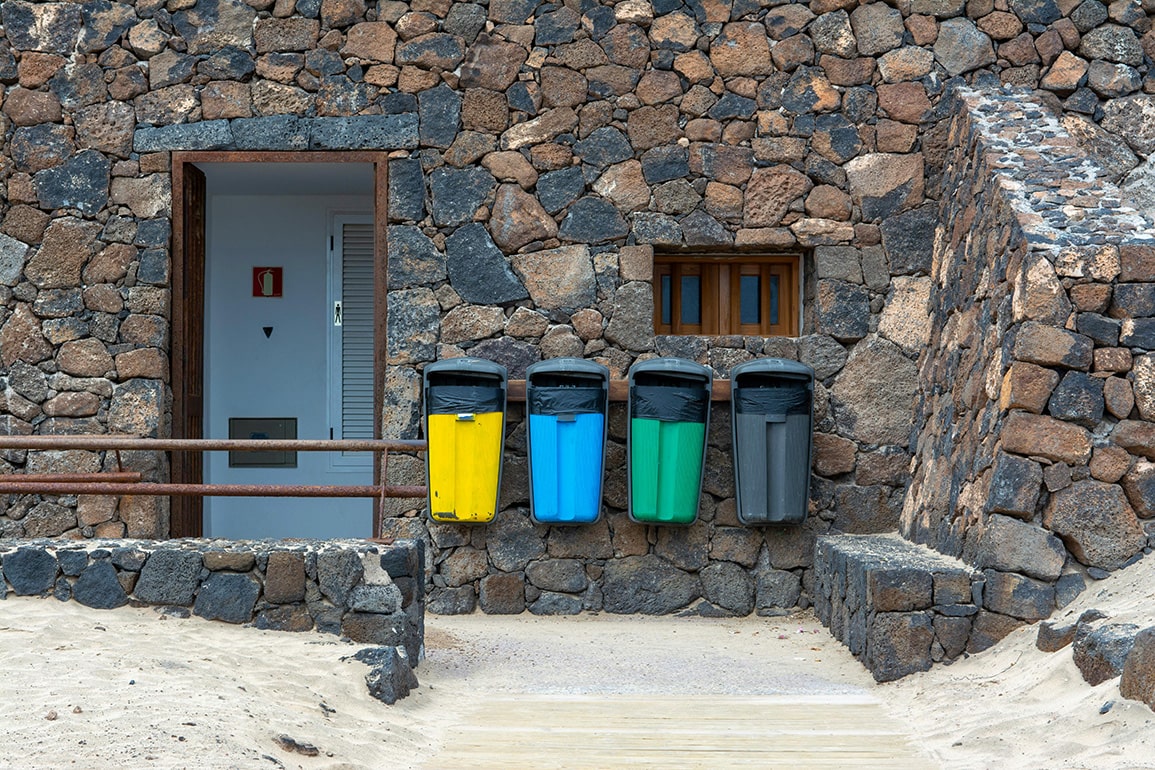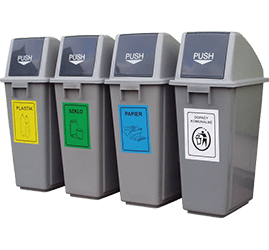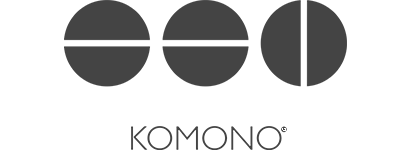Compliance & Lab Standards for Waste & Recycling Bins
When importing Waste & Recycling Bins from suppliers in China, Asia, or other global regions, making sure your products meet the right compliance standards and lab testing requirements is critical. Failing to comply with U.S., EU, or international regulations can result in customs delays, product recalls, or serious damage to your brand reputation. As your boutique QC partner, we help you think ahead.
Below are the key mandatory and recommended standards to keep your shipments compliant, safe, and trusted.






























